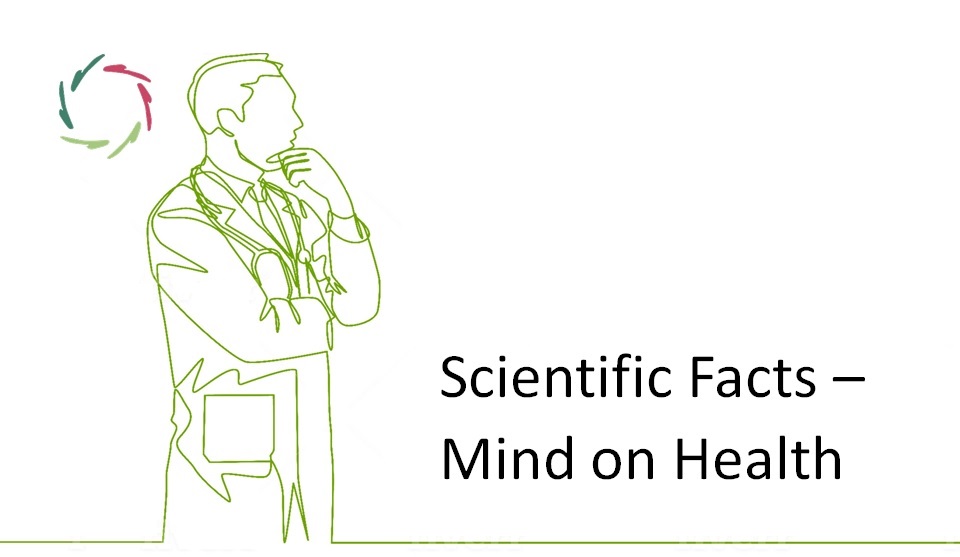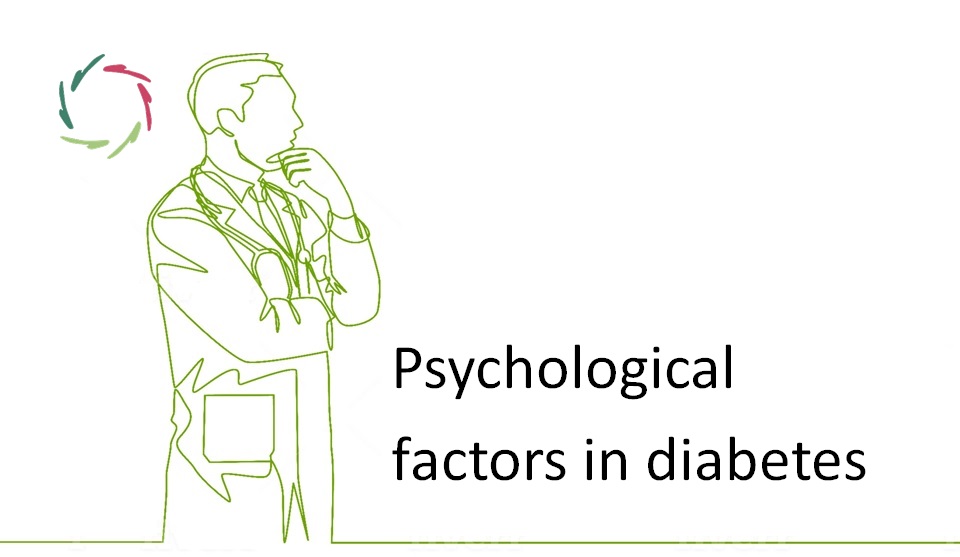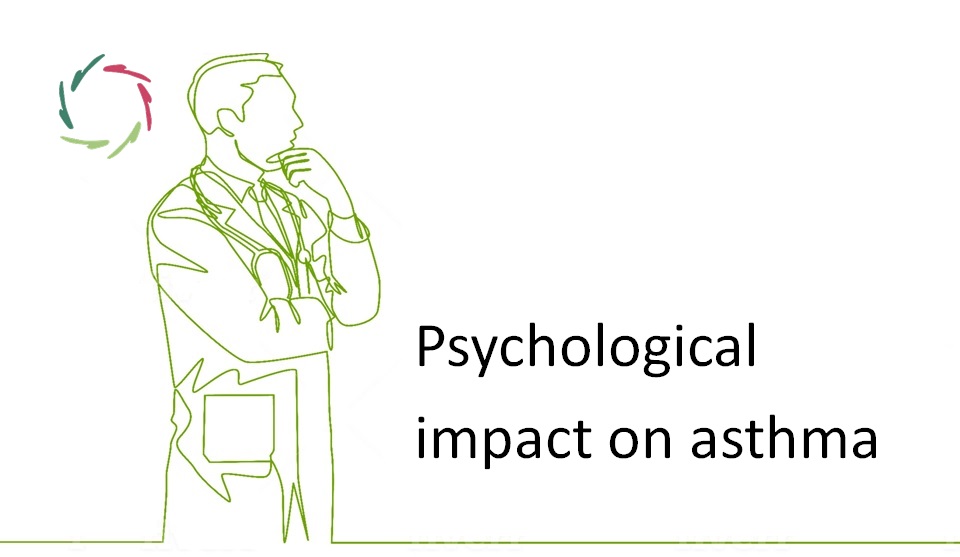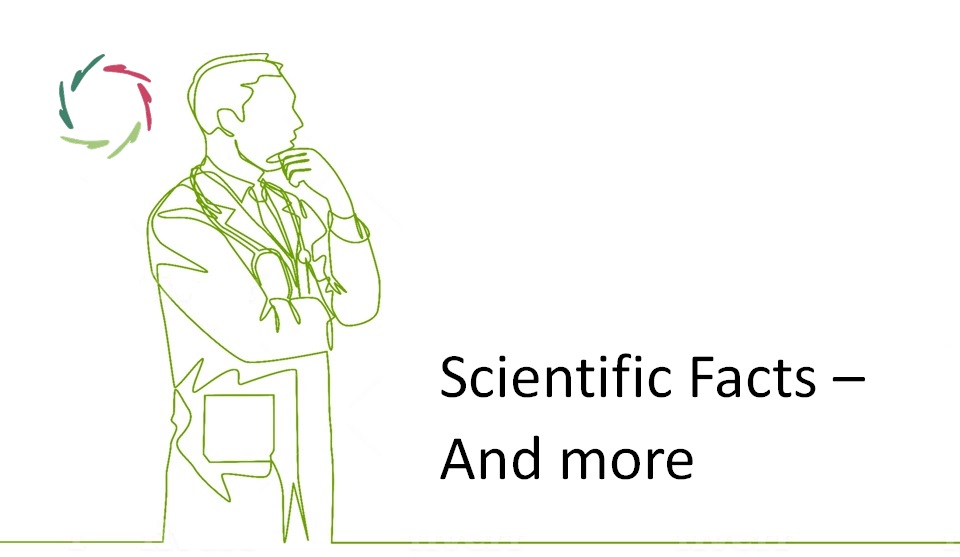Scientific Facts – Mind on Health

In this category (Your Mind as Cure), you find parts of a more academic chapter from my book Your Mind as Cure.
―
“Our remedies oft in ourselves do lie
Which we ascribe to heaven: the fated sky
Gives us free scope; only doth backward pull
Our slow designs when we ourselves are dull.”
(Shakespeare, All’s Well that Ends Well, I.1.235-8)
―
Here are gathered a few results of scientific research into the psychological impact on illness and health. This is all scientific research of the highest quality, published in the most renowned medical journals, of which you find the references here: [see: “Scientific Facts – Bibliography“]. I have included full references to the source articles. The reader who is less interested in this matter can safely skip this chapter, as it is not vital for the understanding of the rest of the book.
The image we get from research is, of course, incomplete in every possible way. The purpose of the chapter is to show the interested reader that with the current scientific knowledge, the significant psychological impact on illness and health is a fact, as scientifically as can be at present. Without any doubt, the future will show much more of this. I am personally deeply involved, hands-on, in that future-bound research.
I chose just some medical fields– somewhat arbitrarily. These are not the only domains or diseases relevant to our subject. The influence of the psyche on the body has been proven in other fields or for other diseases as well. I think it is worthwhile to go over this chapter to get an idea of the wealth that science has to offer in this regard. Continuously, new articles appear. The general trend is towards more and more insight into how ‘mind influences body.’ Simple causality is not prevalent in this domain. Self-perpetuating patterns are common. These are getting more and more elucidated up to the molecular level. But we see only the beginning of this. A lot lies in store. If all the present-day gaps in our medical scientific knowledge were filled with mind-related stuff, purely somatic medicine would be a minor element in the whole. At present, the best we can do is to be open. Saying that “the cause lies in the body; we just don’t know it yet,” doesn’t make any sense until we do know.
I refer interested readers to the AURELIS website, www.aurelisonline.com, for more information. On this website, you will find per domain a (more or less) regularly updated and extensive list of the most relevant mind-body research articles of the highest scientific quality – each with source reference.
Of course, this chapter being about psychological influences on health and illness, this doesn’t mean that physical influences are to be discarded in any way.


